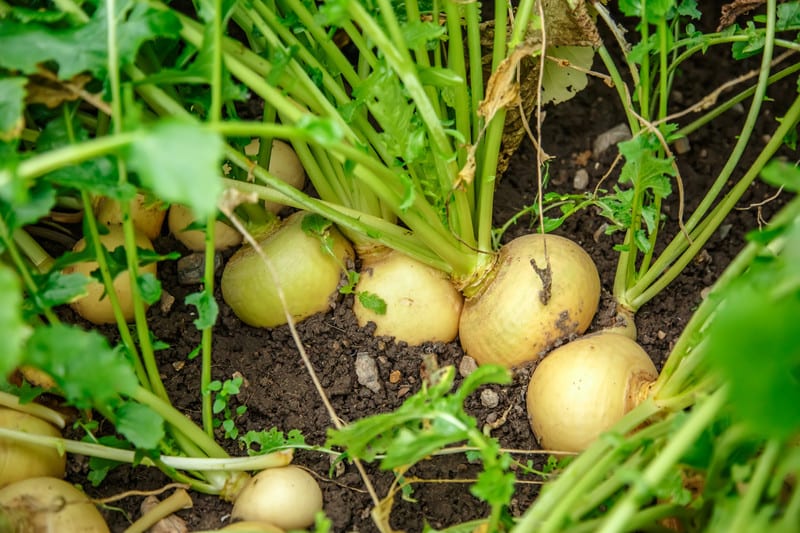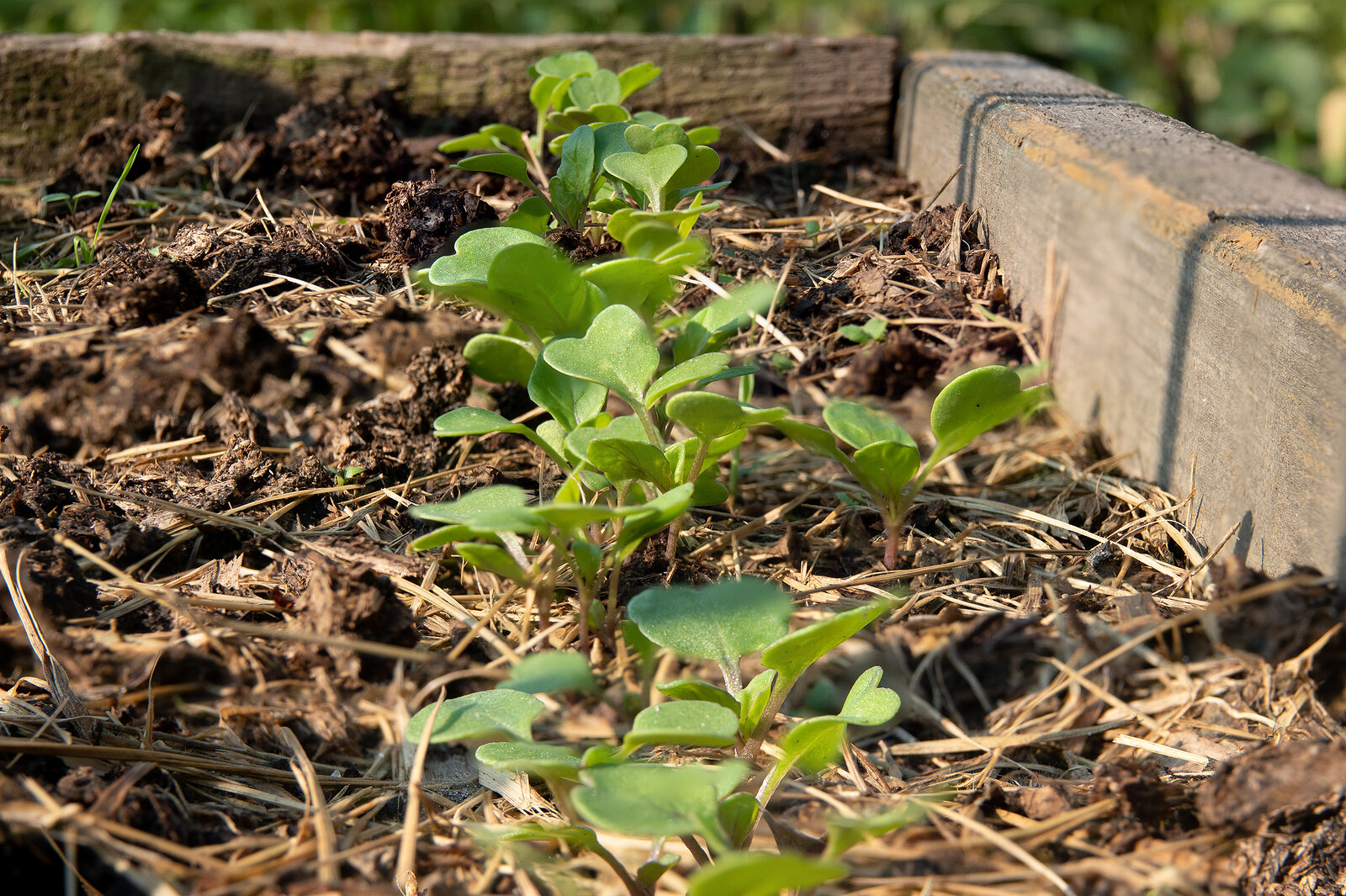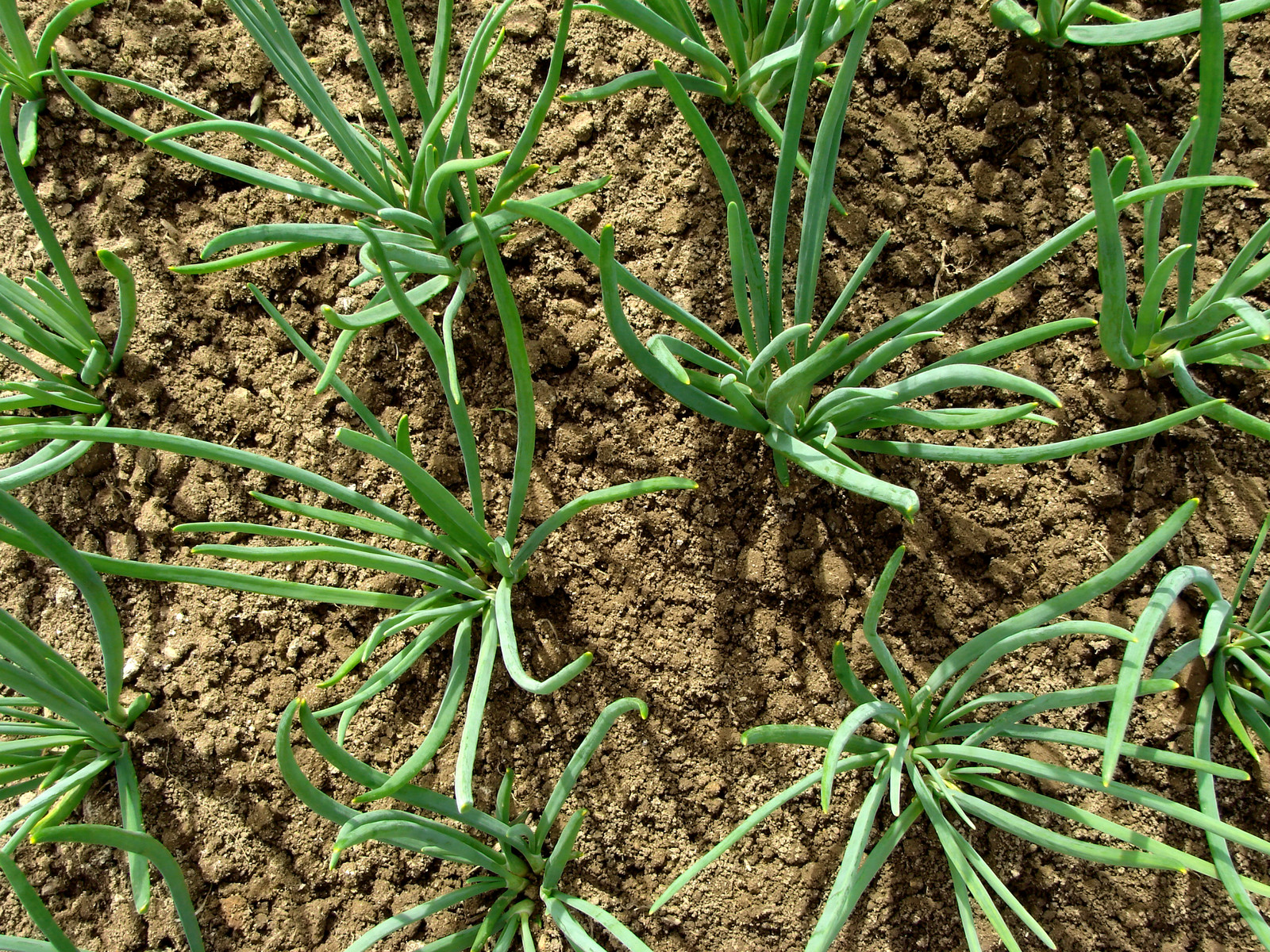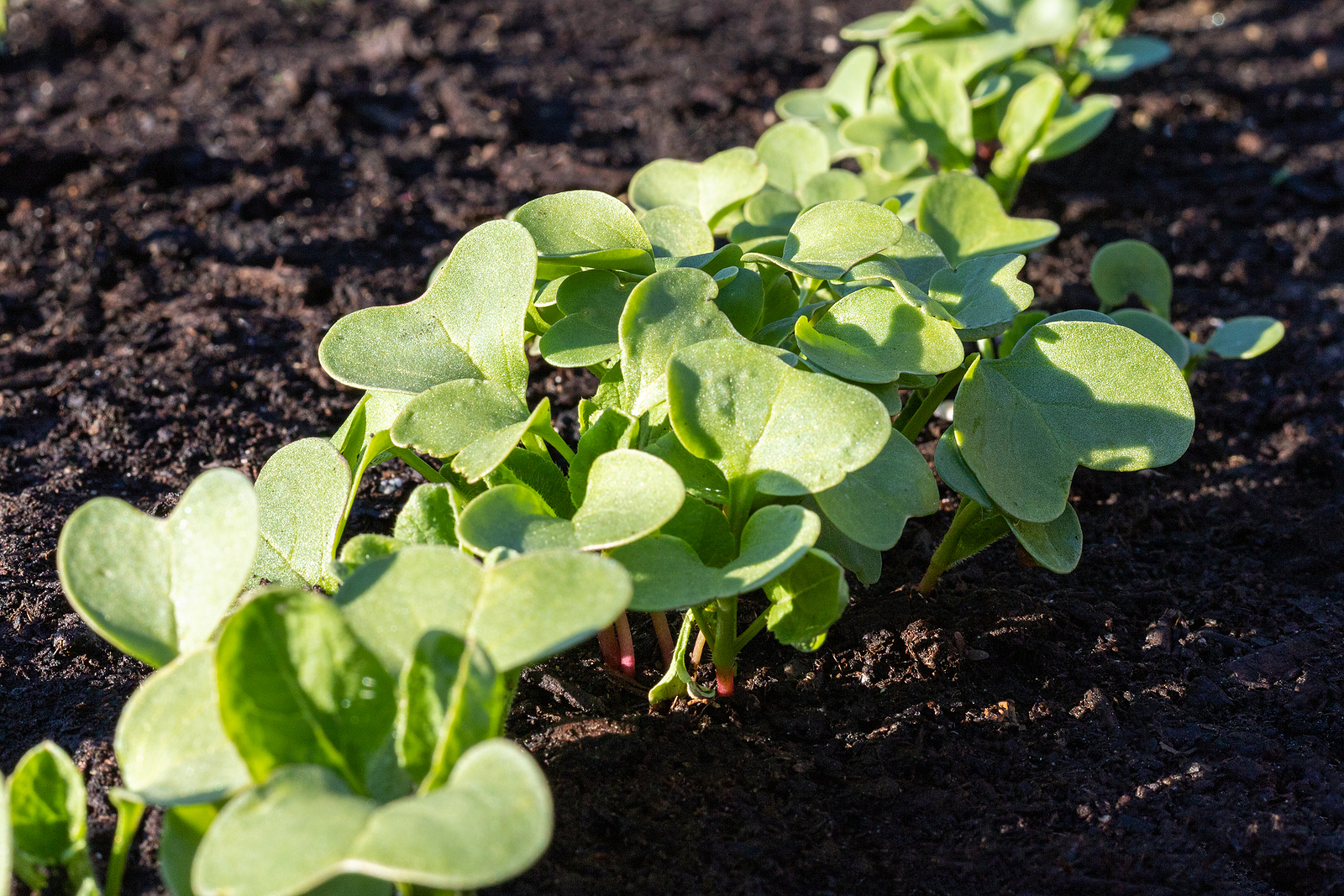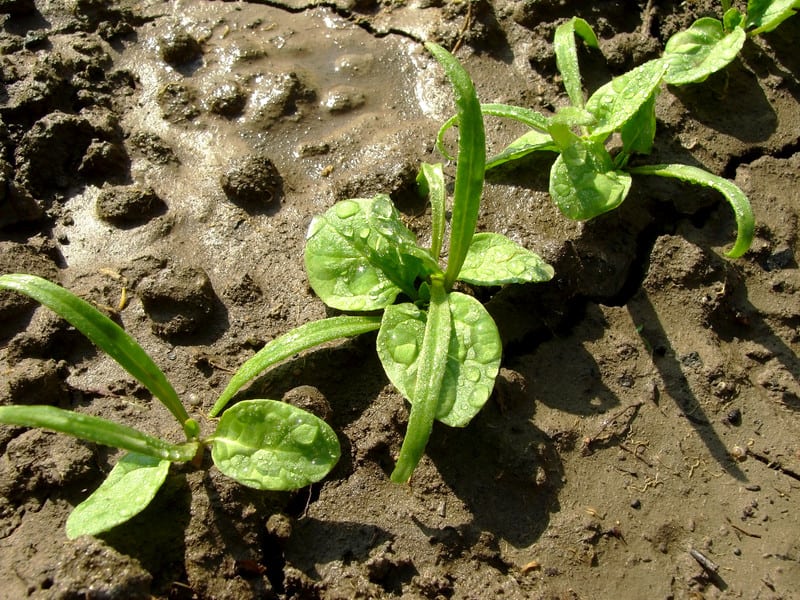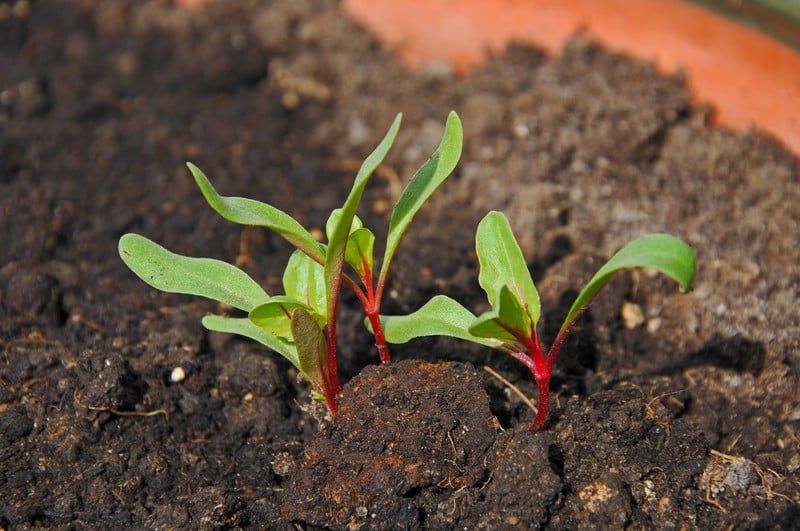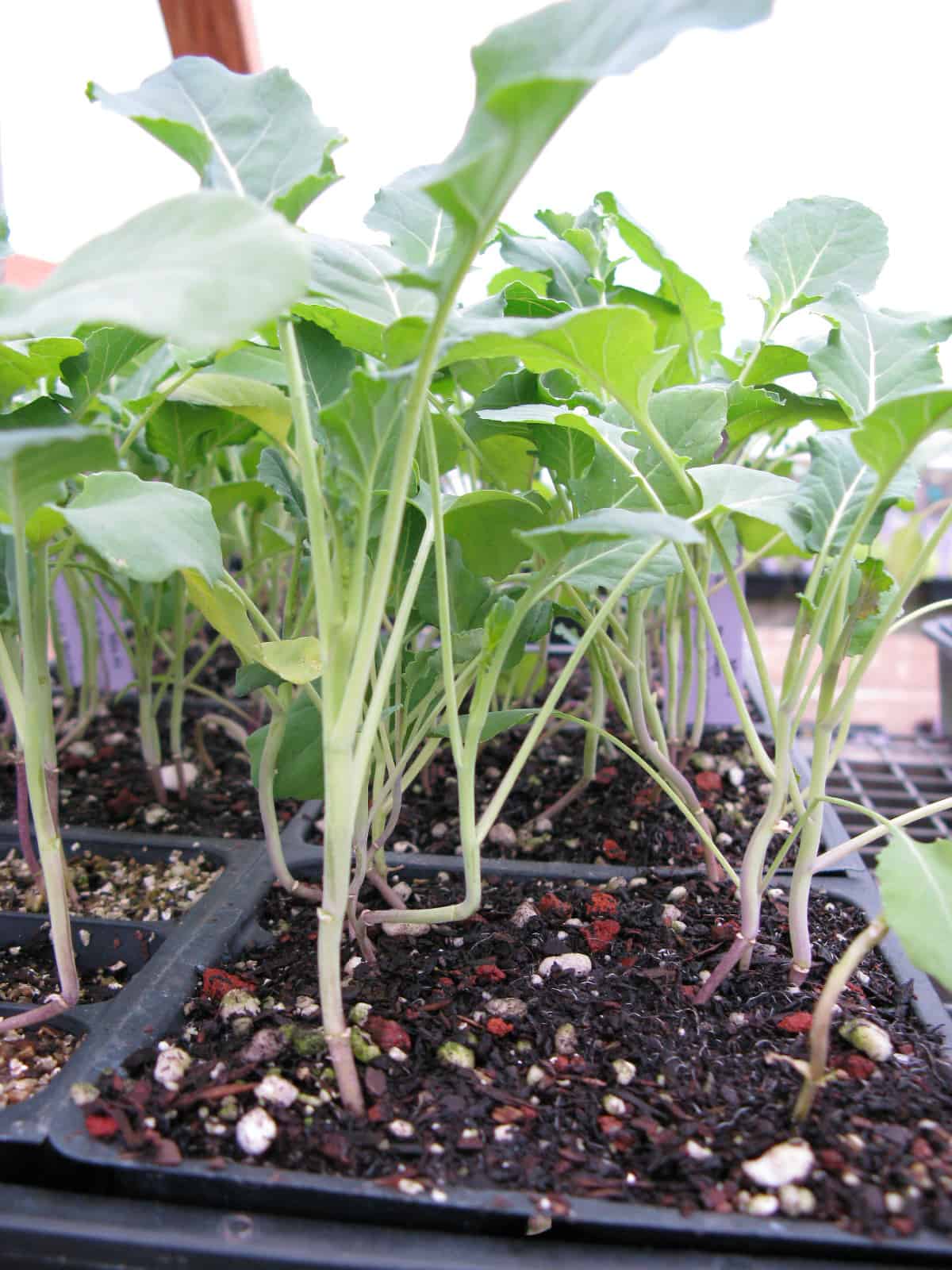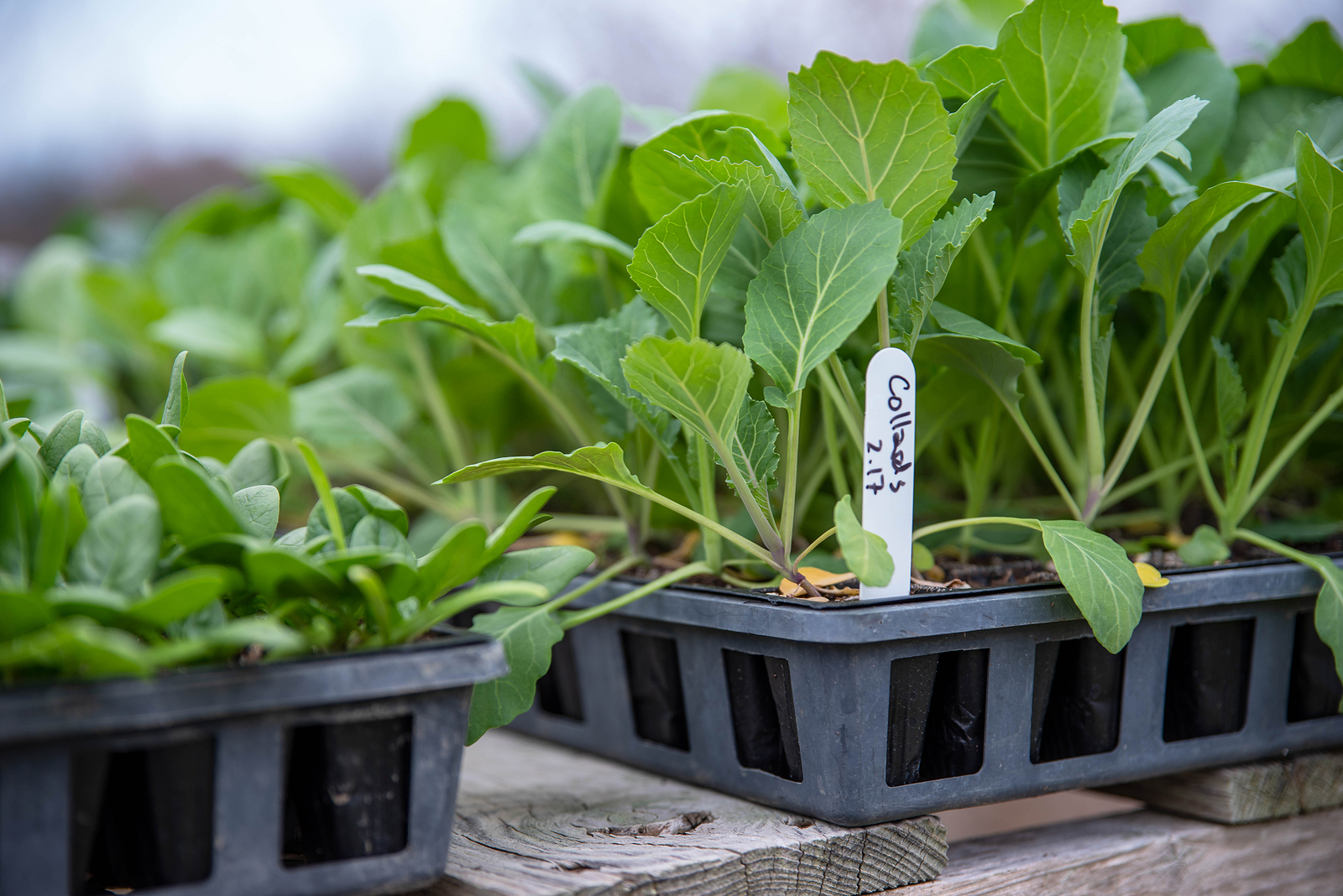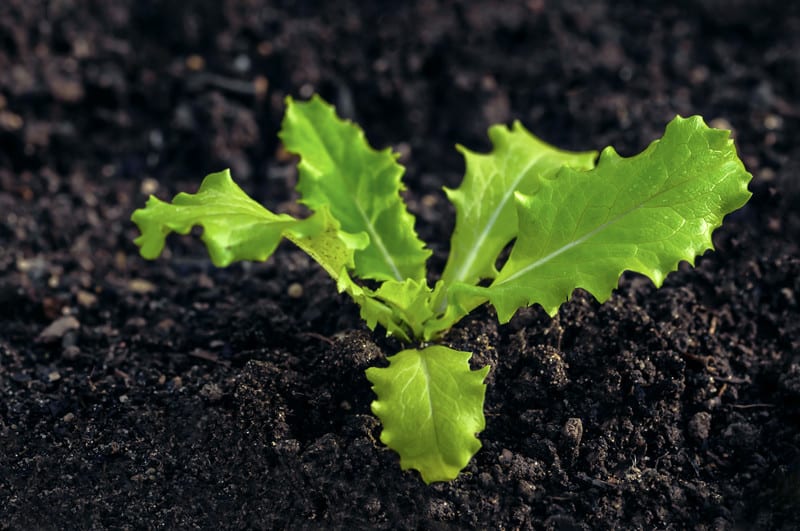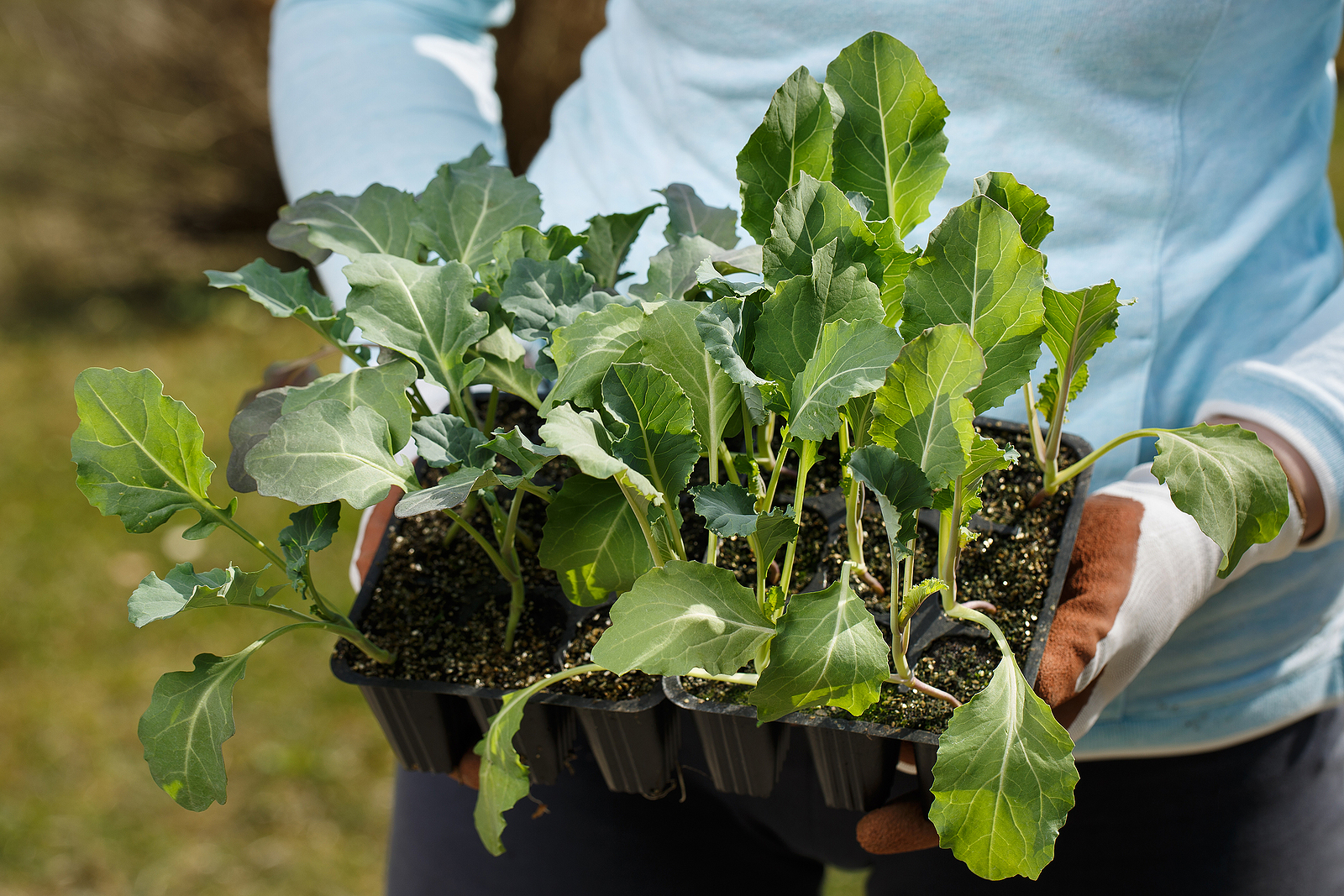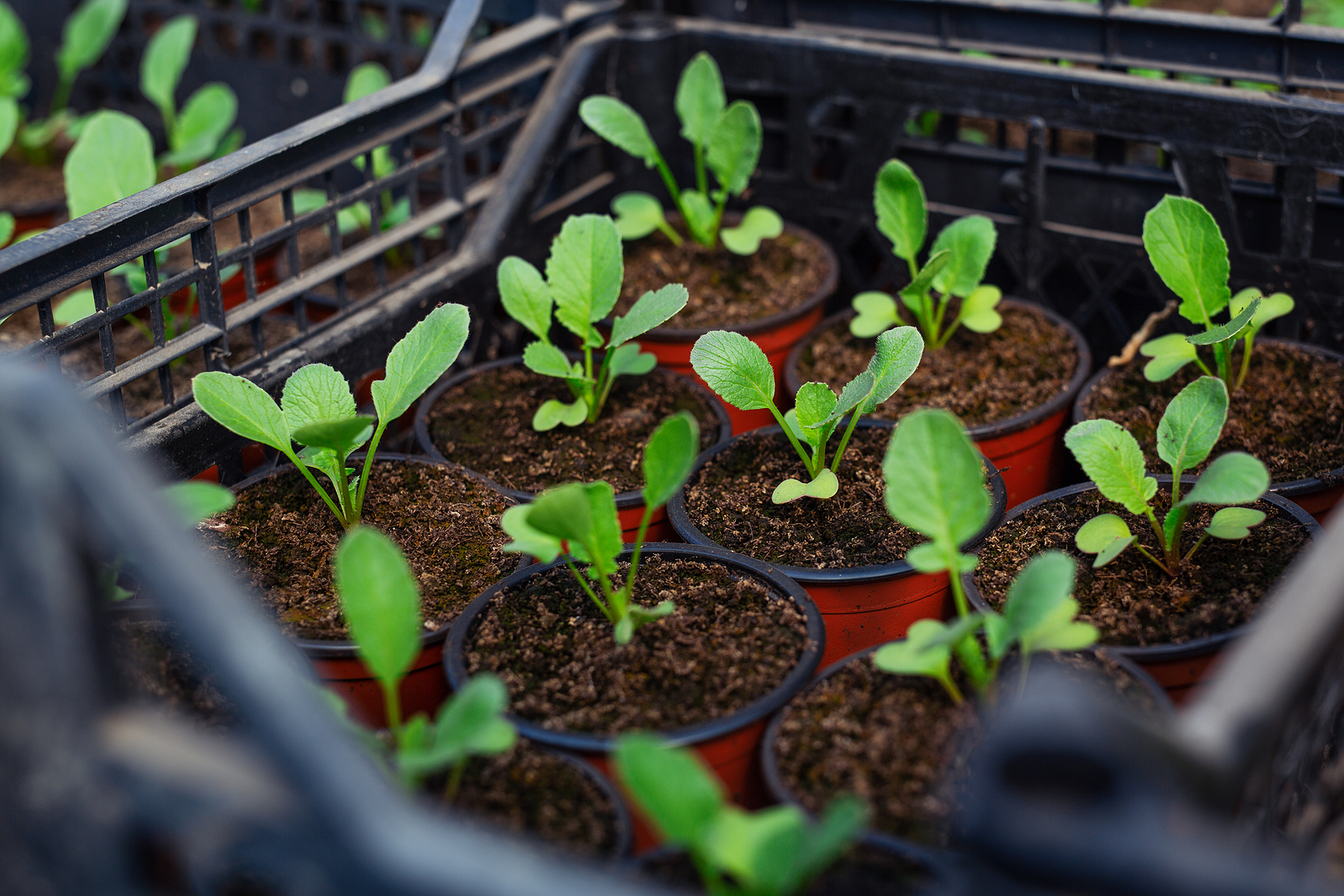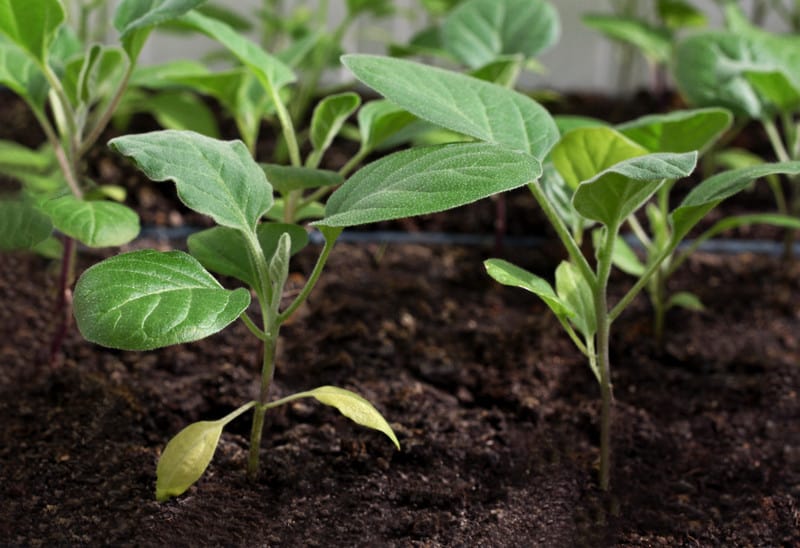Seed Starting
Latest stories
More stories
-
Planting Onion Seeds and Sets
Onions can be grown from seeds, seedlings, or sets (young, small dormant bulbs grown the previous year). Growing onions from seeds can take as long as five months. Growing onions from seedlings or transplants purchased from the garden center can take about two to four months. Growing onions from sets will take about two months. […] More
-
Radish Seed Starting Tips
Radishes grow best in the cooler time of the year. Most are hardy to spring and autumn chills; a few varieties can withstand the summer heat. Sow seeds for small early varieties 4 to 6 weeks before the last frost. Plant midseason or summer varieties in mid to late spring. Late varieties—called winter radishes—should be […] More
-
Spinach Seed Starting Tips
Sow spinach seeds in the garden as soon as the ground is workable in spring. If you wait, warm weather and long days will trigger seed stalk formation and the leaves will become bitter tasting. Spinach seeds will germinate in cool soil. Days at 60°F (16°C) and nights as low as 40°F (4°C) are warm […] More
-
Swiss Chard Seed Starting Tips
Chard—Swiss chard—is a cool and warm-season crop. It will tolerate frost and keep growing in summer. The optimum soil temperature for germination is 50° to 8°5F (10°-29°C). Direct—seeding is the most common way to start chard. Sow seed in the garden 2 to 4 weeks before the last average frost date in spring. To get […] More
-
Brussels Sprouts Seed Starting Tips
Brussels sprouts are a cool-season crop; they thrive in temperatures between 60°F and 70°F (16-21°C). Mature plants can withstand temperatures as low as 25°F (-4°C). Brussels sprouts require a long growing season—90 to 120 days. Commonly Brussels sprouts are planted in late spring to mid-summer for harvest in fall. Brussels sprouts touched by frost just […] More
-
Broccoli Seed Starting Tips
Broccoli is a cool-season annual commonly treated as a two-season crop with spring and late summer planting. Broccoli seedlings are usually transplanted into the garden after being started indoors. Seeds are sown indoors or in a cold frame 5 to 6 weeks before they are set in the garden. In spring, give broccoli an early […] More
-
Collards Seed Starting Tips
Collards are a hardy cool-weather crop. Collards can be grown in early spring and in mid to late autumn. Collards thrive in temperatures between 65°F and 75°F (18-24°C) and can withstand frost down to 25°F (-4°C). If summers are warm in your region, start collards in late winter or early spring for a late spring […] More
-
Lettuce Seed Starting Tips
Lettuce grows best in the cool weather of spring and fall. Time lettuce seed sowing so plants come to harvest before very warm and hot weather, Hot weather will trigger bolting and seed-stalk formation. Bolting can be slowed by picking the oldest leaves first but it can’t be stopped. Lettuce that bolts will be bitter-flavored, […] More
-
Cauliflower Seed Starting Tips
Cauliflower is a cool-season crop. Cauliflower thrives in temperatures between 57°F and 68°F (14°C-20°C). Set cauliflower seedlings in the garden about two or three weeks before the average last frost date, not earlier. Sow cauliflower seeds indoors 4 to 6 weeks before setting seedlings in the garden. Cauliflower grows best at 57° to 68°F (14°-20°C). […] More
-
Kohlrabi Seed Starting Tips
Kohlrabi is a cool-season crop; it’s best grown in spring and fall. Sow kohlrabi in spring for an early summer harvest and use; start a second crop in mid-to-late summer for winter storage and use. Kohlrabi is not a root crop; the edible part of the plant is a swollen portion of the stem growing […] More
-
Cabbage Seed Starting Tips
Cabbage is a hardy, cool-season crop. Cabbage is best planted in early spring or mid-to-late summer. Cabbage thrives in temperatures between 65°F and 75°F (18-24°C) and can withstand cold temperatures down to 25°F (-4°C). Cabbage seedlings can be set in the garden 4 weeks before the last frost in spring. You can sow cabbage seeds […] More
-
Beets Seed Starting Tips
Beets are commonly grown in spring, summer, and autumn. Beets may be seeded as early in spring as the ground can be worked. Make successive sowings at intervals of about 3 weeks in order to have a continuous supply of young, tender beets throughout the season. Beets are well adapted to grow in many regions. […] More

